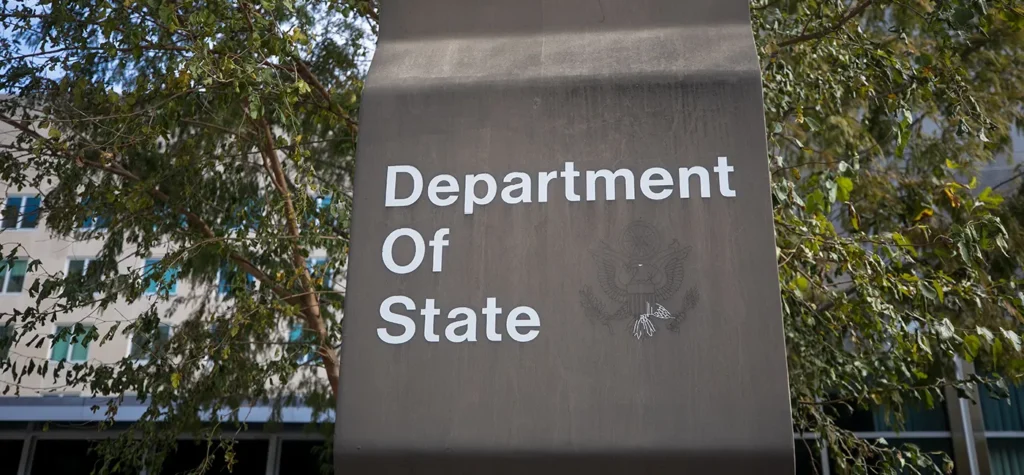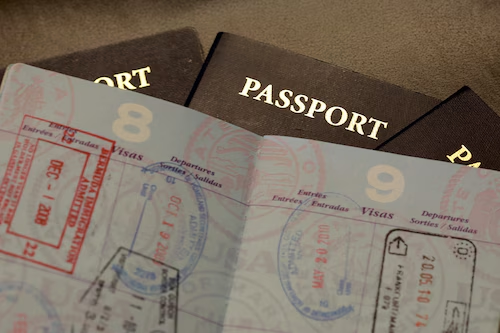Just ahead of the peak summer travel season, the United States State Department issued a rare US worldwide caution alert 2025, warning American citizens to remain vigilant due to rising global tensions. Prompted largely by geopolitical instability in the Middle East, including the ongoing Israel-Iran conflict, the advisory encourages Americans to be aware of the possibility of anti-American protests, sudden disruptions to travel routes, and airspace closures.

Although layered atop the routine country-by-country travel advisories, this global alert has added fresh concerns for many would-be travellers. The current environment, marked by heightened airline security, increased border screenings, and previous aviation near-miss incidents, has already made 2025 a tense travel year. This new advisory adds a level of complexity — yet most American travellers seem determined not to let it derail their plans.
Traveller Reactions to US Worldwide Caution Alert 2025: From Caution to Confidence
For some US citizens, the alert hasn’t changed much. American comedian Dan Nainan remains unfazed and is sticking to his plans to visit Italy, Singapore, and the Galapagos. “Unless World War Three breaks out, I think we shouldn’t let fear stop us from experiencing the world,” he says.
Similarly, seasoned traveller Hilary Reiter Azzaretti recently returned from a tour through Italy, Croatia, and Bosnia and Herzegovina. She describes feeling completely safe abroad. “While I’ll avoid very crowded tourist sites, I still plan to travel,” she notes, emphasizing the value of visiting places while others are hesitant.
Others, however, are responding with greater caution. Vanessa Gordon, a publisher and mother, initially planned to take her children to Europe this summer. She’s now opted for a domestic stay, citing safety concerns for her kids. “I’ll continue travelling overseas solo, but it’s different when you’re responsible for young children.”
Travel Habits Shift in Response to US Worldwide Caution Alert 2025
Many travellers aren’t cancelling trips entirely but are adjusting their destinations. Colleen Kelly, a TV travel host, has decided to postpone international travel in favor of domestic locations and Canada. “A global caution alert is rare. I’m taking it seriously but still want to travel.”

This shift has opened opportunities for destinations seen as safer and closer to home. Canada, for example, is actively courting American tourists with favorable exchange rates, mild weather, and an abundance of direct flights. Edmonton, known as Canada’s “Festival City,” is promoting its summer events like the historic K-Days and the world-famous Fringe Theatre Festival to entice US visitors.
International Destinations Respond to US Worldwide Caution Alert 2025
Mexico, too, is offering calming travel experiences to attract cautious American travellers. Resorts like The Westin Puerto Vallarta have launched wellness packages such as the “Calm They’ve Been Craving” experience, featuring spa treatments and relaxation therapies for arriving guests.
Other countries have shifted marketing strategies to focus on peace, serenity, and wellness. Leah Miller, a marketing strategist, says that tourism boards are not backing away but pivoting their messaging. “We’re seeing a move from aggressive adventure travel ads to visuals of quiet nature, small group tours, and restorative activities. It resonates in uncertain times.”
Safe Travel Alternatives Amid US Worldwide Caution Alert 2025
Australia and New Zealand — both ranked among the safest destinations globally — are positioning themselves as long-haul yet secure options. Tasmania continues its successful “Come Down For Air” campaign, emphasizing space, calm, and tranquility. Great Journeys New Zealand, a train travel company, is increasing its U.S. marketing budget to highlight affordable travel due to favorable currency exchange rates and the country’s top ranking in global peace indexes.
Expert Advice: Remain Cautious, Stay Informed
Travel agencies report a rise in inquiries but relatively few cancellations. Christina Nagy Ernst, president of VIP Alpine Tours, notes only two clients pulled out of a European cruise. “People are cautious, but the interest in travel remains strong. I even had two new bookings today for winter tours.”

She urges travellers to enroll in the Smart Traveler Enrollment Program (STEP), a service from the US government that allows local embassies to alert travellers during emergencies like political unrest or natural disasters.
Communication and Flexibility Are Key
Miller highlights the importance of communication in 2025’s travel landscape. “Destinations that provide real-time safety updates and transparent policies are gaining traveller trust.” She explains that education and flexibility will define how well countries retain tourist interest during this sensitive time.
A Cautious Yet Determined Travel Season
The US worldwide caution alert 2025 may have reshaped some summer travel decisions, but it hasn’t stopped the majority of Americans from pursuing travel altogether. With evolving risk management strategies, better communication, and adaptive tourism offerings, the global travel ecosystem continues to respond in real-time. For many travellers, the world remains open — albeit with a slightly more cautious lens




